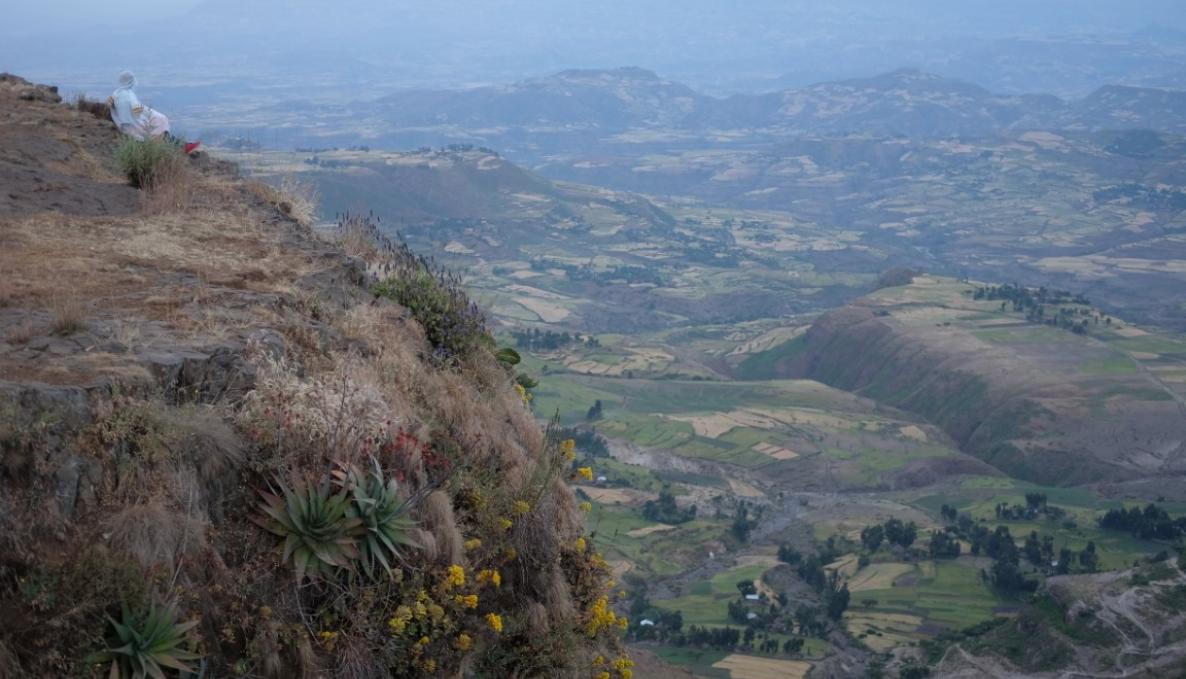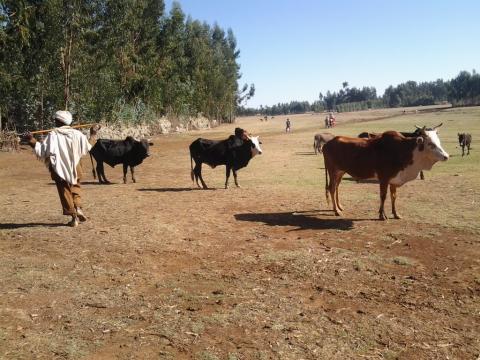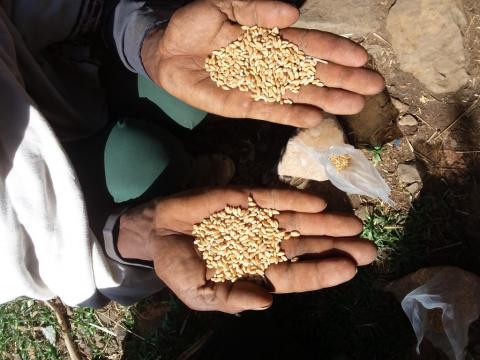Climate change

The climate crisis is here and will escalate in the years to come. Under this research area, the Institute aims at developing research tools to unravel the connection between plant traits and climate and weather. These include species distribution modelling and landscape genomics approaches targeting the identification of genes and genetic types that are most suitable to target environment. Plant molecular processes related to response to extreme events, such as droughts or floods, are at the center of the physiologic and genomic expertise of the Institute. Modelling approaches are used to connect plant-scale and sub-plant-scale features, such as genetic variants, to future climate scenarios to predict plant performance in the wake of the climate crisis. Crop modelling is coupled with the development of climate services including seasonal forecasts and decadal predictions to guide coping strategies to ensure food security in a changed climate.
Reduction of Greenhouse gas emissions and carbon sequestration are also a crucial topic in planning innovative and sustainable agroecosystems. Development of new techniques and technology to allow no till and reduced tillage in low input agricultural system are part of the Institute contribution to make agricultural sector a carbon sink, without relying on heavy chemical inputs. In any agroecosystem considered, from open field for cereal crop growth, to vegetable crops, through agroforestry systems, soil healt, soil organic matter and thus carbon sequestration are considered as crucial ecosystem services to preserve, maintain and make more efficient for farmer biodiversity and society needs.


